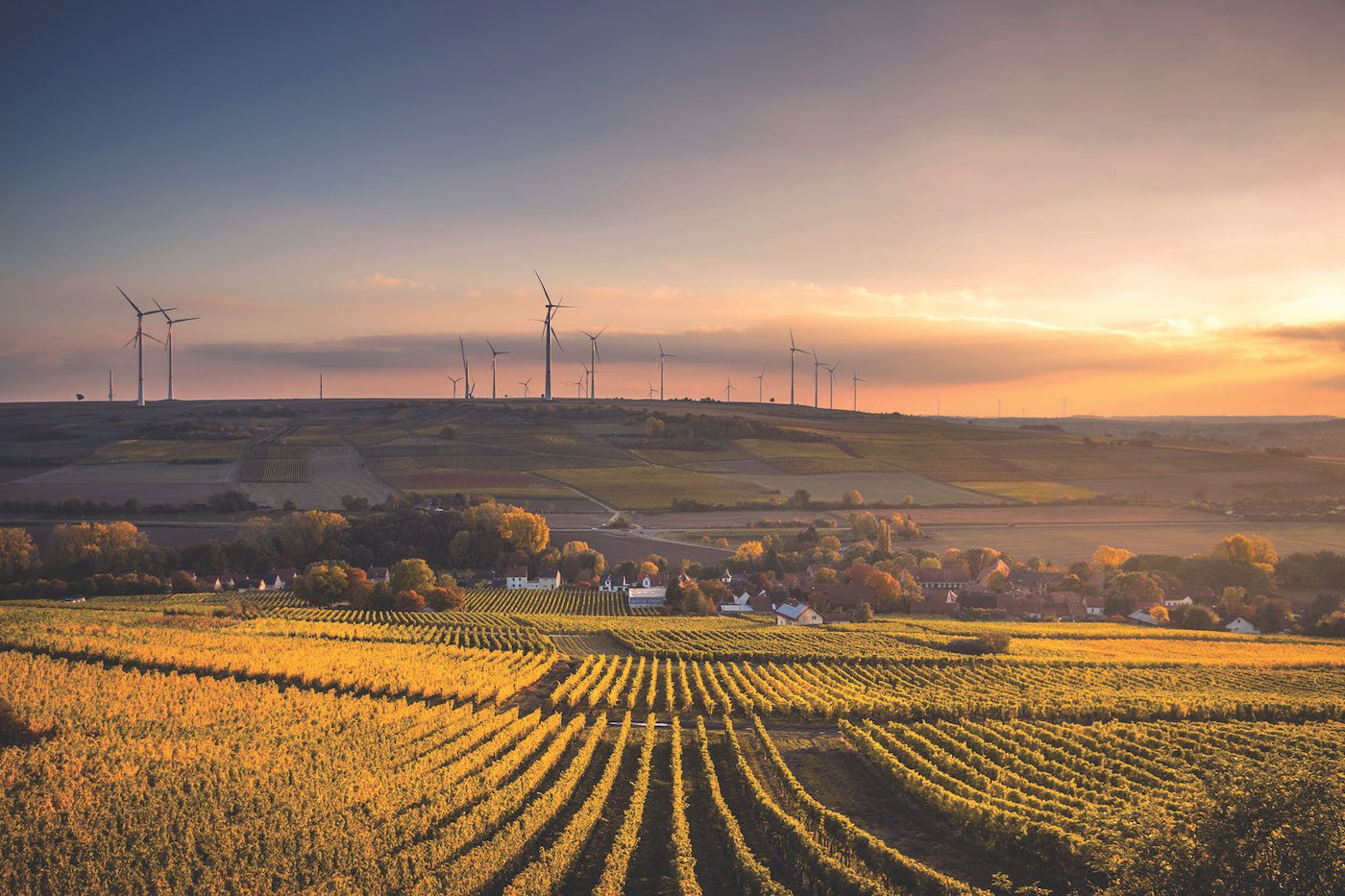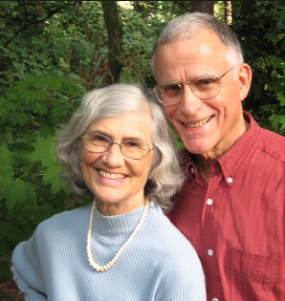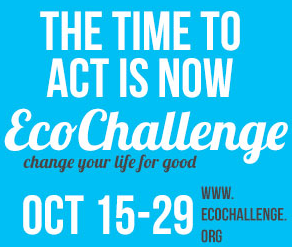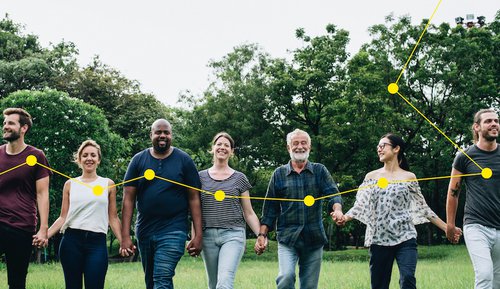our legacy
Our 30+ year journey from local nonprofit to global partner network.

Our 30+ year journey from local nonprofit to global partner network.
It all started in 1993 with a $45,000 start-up grant and 13 highly committed volunteers.

Ecochallenge.org was founded in Portland, Oregon as Northwest Earth Institute (NWEI) by Dick and Jeanne Roy. The goal of the organization was to inspire community leadership and action. Programming began with 'lunch & learns' offered to local businesses. This work was eventually shaped into the first Discussion Courses, curriculum for shared learning and action. The first titles included Exploring Deep Ecology (now Reconnecting With Earth), Discovering A Sense of Place, and Voluntary Simplicity (now A Different Way: Living Simply in a Complex World).
The Significance:
While many programs and people have come and gone, the founding DNA of NWEI remains strong in our model for change and has allowed us to successfully meet the ever-shifting cultures of our world.
The organization expands beyond the Pacific Northwest, and launches the ‘National Earth Institute Network’ to maximize impact across the U.S.

With growing national interest, a formal network of sister organizations and sustainability leaders was organized. The first official partner was based in Wichita, Kansas. The hiring of a National Outreach Director soon followed. In 2000, the first ‘Regional Training’ was offered supporting 105 communities in 35 states using our programs to catalyze change. By our 10th Anniversary in 2003, over 50,000 people had participated in Discussion Courses across North America. The first edition of our best-selling Discussion Course book, Choices for Sustainable Living was also published during this time.
The Significance:
The National Earth Institute Network was the foundation of the global network of institutions, leaders, and everyday people spanning 138 countries who use our programs today.
In October 2008, the first annual Ecochallenge is offered under the original name of ‘Sustain-a-thon’.

First conceived primarily as a fundraising initiative, the Ecochallenge quickly became a power tool for individual behavior change and collective impact. Pacific Northwest participation grew from 303 in 2008 to over 2,500 in 2014. As interest increased from companies with global workforces, a new strategic plan for growing Ecochallenge participation was formed.
Also during this time a new effort to reach colleges and universities was launched. By 2013, college campuses would account for over 50% of Discussion Course locations. By 2014, several new books were published including Menu for the Future, Hungry for Change, Seeing Systems: Peace, Justice and Sustainability, and A World of Health: Connecting People, Place and Planet.
The Significance:
While it was unknown at the time, the desire to create a digital tool to help facilitate personal and collective change has proven to be a defining venture for the organization.
The Ecochallenge Platform is completely redeveloped and relaunched as a comprehensive digital platform for social change.
The first Ecochallenge offered under the new platform took place in October 2016. Participation doubled in the first year and has grown from 4,000 participants in 2015 to approximately 70,000 in 2019 taking nearly 2 million actions.
In 2019, Ecochallenge received global recognition for its innovativeness in activating communities and organizations around climate change as the winner of the “Early Mover” Prize for Solution Search’s Climate Change Needs Behavior Change Global Competition, and a finalist for the Keeling Curve Prize in the Social and Cultural Impacts category.
The Significance:
From middle schools to Fortune 100 companies, Ecochallenge is now used to not only transform individual and collective behavior - it’s used as a launchpad for new initiatives, policies, and culture.
We are meeting the growing demand (including you!) for sustainability action with a highly scalable tool that makes taking action fun, measurable, and shareable.

This legacy serves each step we take into the future as we connect the dots between: